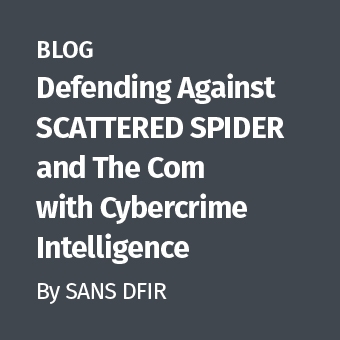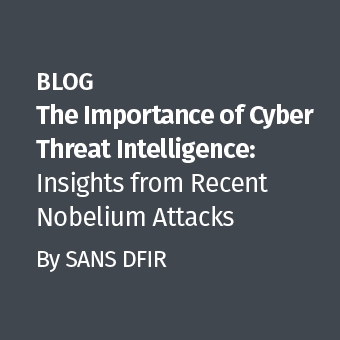Over the past few days, a discussion has been forming on the GCFA mailing list regarding the use of the word evidence. Specifically, how appropriate is it to call a hard drive (or more logical construct such as a file) "evidence" when it may turn out that the object will serve no purpose in conclusively resolving an investigation? Is it evidence, or is another word more apropos?
Reading the dialogue reminded me once again of the importance of vocabulary, particularly in technical fields where clear, precise communication is an operational imperative rather than merely a creative expression or embellishment. While it may seem academic, mutual agreement on the use of these critical terms serves as the basis for communication in computer forensics. The more clearly defined our language is, the more effective and efficient our communications will be. Even in the first-person, definitions carry great significance, influencing no less than the very way that we think. As George Orwell said, if thought corrupts language, language can also corrupt thought. This feedback loop cannot be overstated - clarity in language will influence a deeper clarity of thought.
Insofar as our fields of study are concerned, largely in their infancy with respect to other scientific fields, disambiguation of terminology is a significant challenge. Various leading texts provide differing and sometimes conflicting word definitions & usage - even with basics such as what an 'incident' is. Media coverage of security compromises often overlooks the significant differences between CNA ("taking out the DNS infrastructure") and CNE ("industrial espionage"). Our vendors are not exactly helping the situation either - as a high-profile example, see Microsoft's Threat Modeling, which is really risk modeling. It is easy to see that we, as professionals in our young field, wield great power in shaping the future through contributions to our common language where it is still unclear or improperly used. I encourage readers to participate in these discussions whenever they arise. Diversity in opinion and vigorous dialogue are necessary to solve these foundational problems and mature our industry.
As to the definition of the word evidence, I'll leave that to a better discussion forum than a blog.




